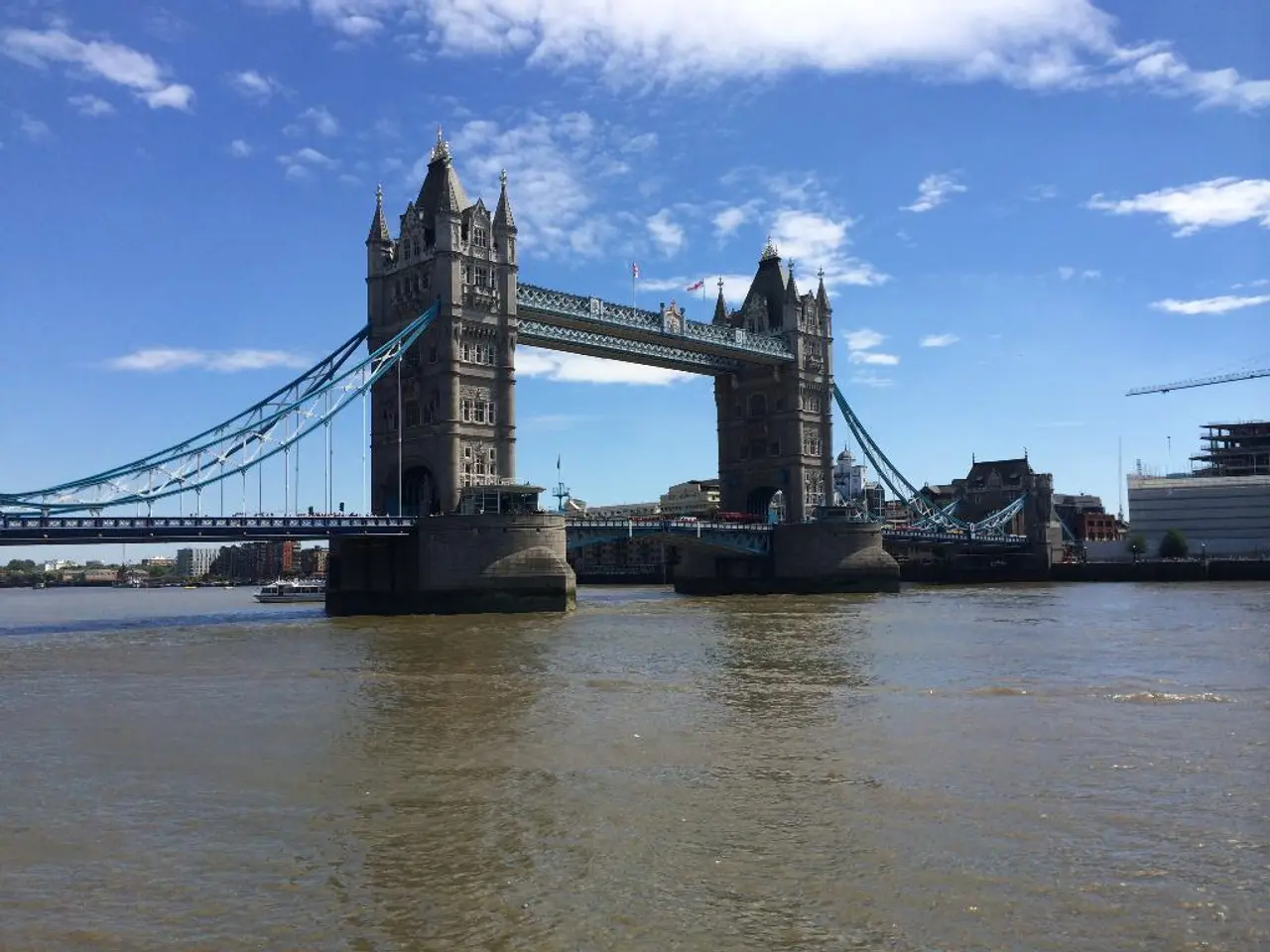Opportunity Advocates Needed Among Risk Managers
In the ever-evolving landscape of business, strategic foresight and organisational resilience have emerged as interconnected concepts that play a crucial role in helping organisations navigate long-term risks and opportunities. Risk managers, with their pivotal role, are at the forefront of this shift.
Strategic foresight is a structured approach to thinking about the future, not as a tool for predictions but as a proactive way to anticipate potential risks and opportunities. It involves understanding key drivers of change, stress-testing plans against different future scenarios, and guiding organisations in making decisions that align with their long-term purpose and sustainability goals.
Organisational resilience, on the other hand, is the capability of an organisation to anticipate, prepare for, respond to, and adapt to incremental change and sudden disruptions to survive and prosper. A resilience lifecycle framework includes stages such as anticipate, prevent, respond, and adapt.
Risk managers lead the anticipation phase by identifying internal and external risks, evaluating their likelihood and impact, and defining acceptable risk thresholds. They integrate strategic foresight by embedding futures thinking into risk management processes, enabling organisations to scan emerging trends, understand complex geopolitical, technological, and environmental factors, and build adaptive strategies over multiple time horizons.
By participating in scenario planning and stress testing, risk managers contribute insights that strengthen organisational readiness and sustain long-term value creation in uncertain environments. Their work supports building a resilience-aware culture that prepares the workforce and systems to withstand shocks and continue operations effectively.
In summary, risk managers act as key navigators who use strategic foresight methodologies to guide their organisations in understanding and preparing for complex, uncertain futures. They enable the transition from reactive crisis management to a more integrated, anticipatory resilience approach, helping organisations not only survive disruption but also identify new opportunities for sustainable growth and innovation.
Recent developments in the risk management sector underscore this shift. Foresight Risk & Insurance Services, a commercial insurtech platform, has announced the availability of Commercial Property insurance lines, including Inland Marine, Contractors Equipment, and Builders' Risk, which will be offered as a complement to Workers Compensation. The launch of these insurance lines positions Foresight as a disruptive commercial insurtech.
Charlotte Hedemark, President of the Federation of European Risk Management Associations (FERMA), emphasised the importance of strategic foresight for building organisational resilience and long-term value. FERMA launched the New Exposure Trends (NeXT) report in May, identifying four global interconnected risks: geopolitical shifts, technological acceleration, climate change, and human capital. The survey demonstrates how the risk management profession is continually adapting to the fast-moving global risk environment.
Companies are urged to adopt a more holistic, future-ready approach to risk to navigate the increasing scale of uncertainty and contribute to achieving more sustainable outcomes. As we move forward, the need for more effective integration of capabilities such as scenario planning, trend analysis, and horizon scanning into decision-making becomes increasingly apparent. Risk managers must take the lead in cultivating a forward-looking culture, expanding risk horizons, and challenging cognitive biases that limit ambition and restrict opportunity.
FERMA is set to release several reports and guidance documents this year, including the CSRD Implementation Report - First Year Lessons, the Cyber Insurance Protection Gap Paper, and guidelines for Risk Managers to develop captive insurance strategies designed to support ESG initiatives and objectives. These resources aim to provide practical guidance for risk managers as they navigate the complex, uncertain future ahead.
Insurtech platforms, like Foresight Risk & Insurance Services, are integrating strategic foresight into property insurance offerings to help businesses manage future risks and opportunities. For instance, Foresight has announced Commercial Property insurance lines, including Inland Marine, Contractors Equipment, and Builders' Risk.
Organisational resilience is essential for businesses to adapt to long-term, complex, and uncertain futures. Risk managers, by embedding strategic foresight into risk management processes, are key in helping organisations understand and respond to emerging trends, enabling them to build adaptive strategies over multiple time horizons.




